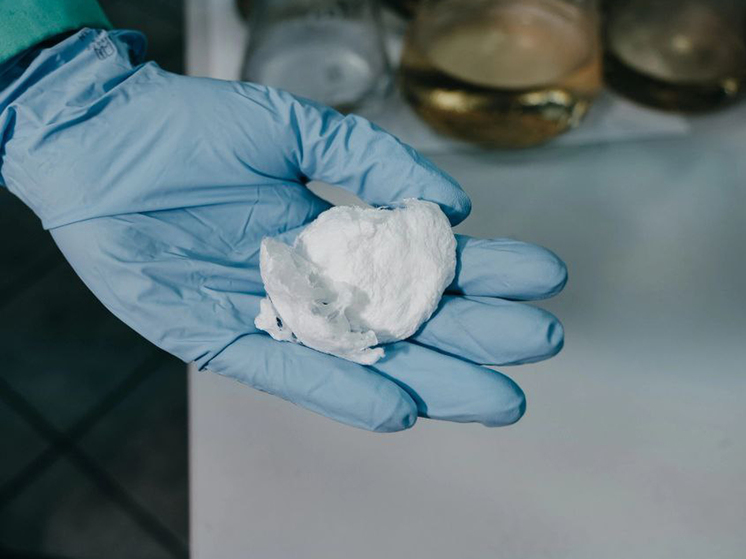The technology will also help solve the problem of substandard fish oil
Krasnoyarsk scientists have “taught” bacteria to synthesize plastic from fish waste. In addition to obtaining a new source of raw materials for the manufacture of useful products, experts also solved the environmental problem with the disposal of “fish” plastic — it turned out to be biodegradable.

The production of synthetic plastics is expected to reach one billion tons per year by 2050. Their accumulation and problems with disposal represent a global environmental problem.
As reported by the Krasnoyarsk Scientific Center of the Siberian Branch of the Russian Academy of Sciences, local scientists “taught” the bacteria Cupriavidus necator to synthesize biodegradable plastic — polyhydroxyalkanoates (PHA polymers) from fish waste. As a carbon substrate, they managed to “feed” the bacteria substandard fish oil from Baltic sprat, fresh Atlantic mackerel from canned food production and the remains of sprat production after smoking sprat.
The processed product was biodegradable thermoplastic polymers. They are almost no different from ordinary plastic, but at the same time they are capable of quickly decomposing in nature. By the way, the waste of the fish processing industry itself exceeds 20 million tons per year worldwide, and its disposal is a problem.
It turns out that thanks to the introduction of plastic produced from fish oil, in the future humanity will be able to solve both the problem of disposal of the fat itself and the problem of switching to biodegradable polymers, replacing traditional ones of petroleum origin with them.






















































Свежие комментарии